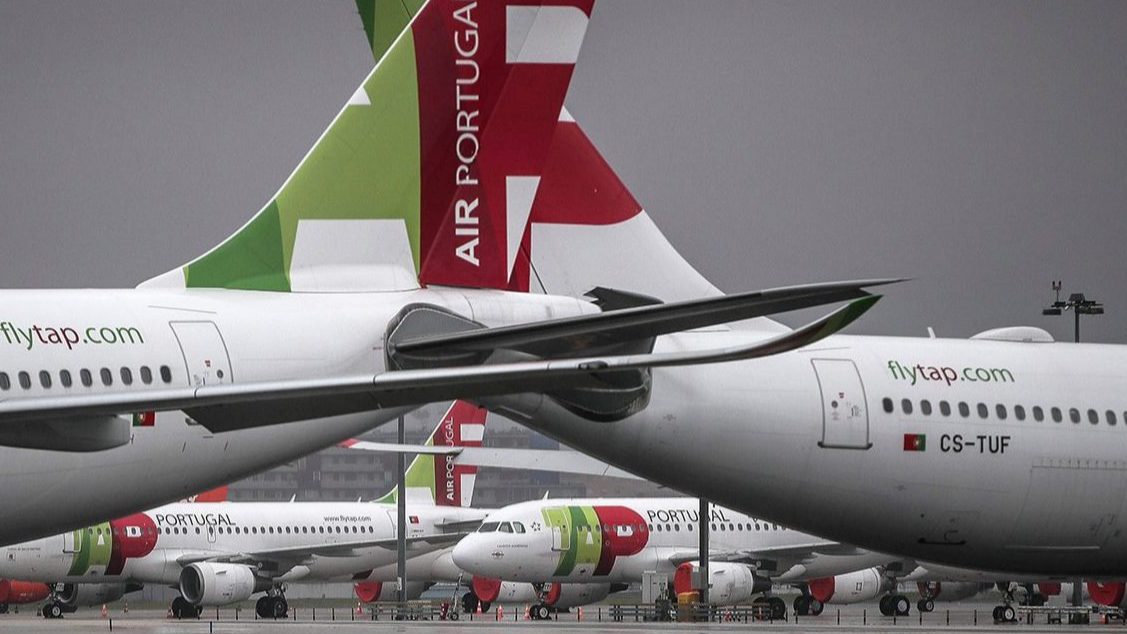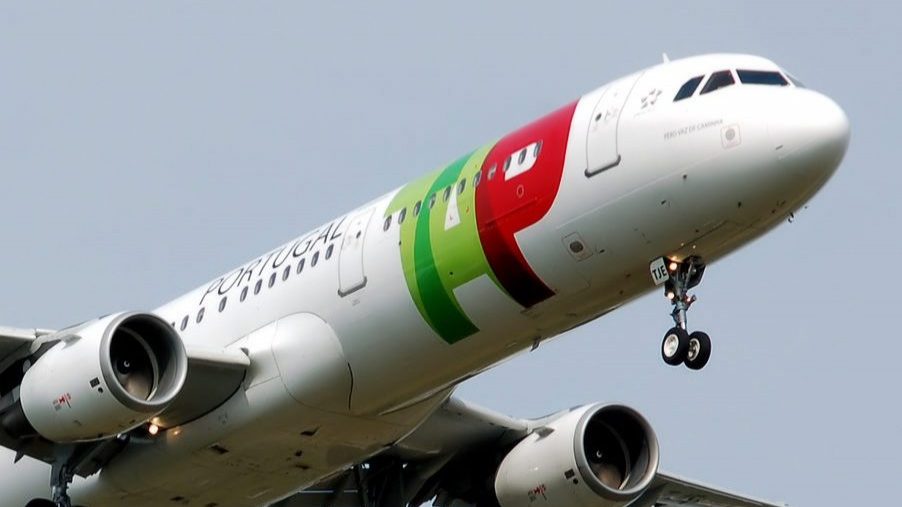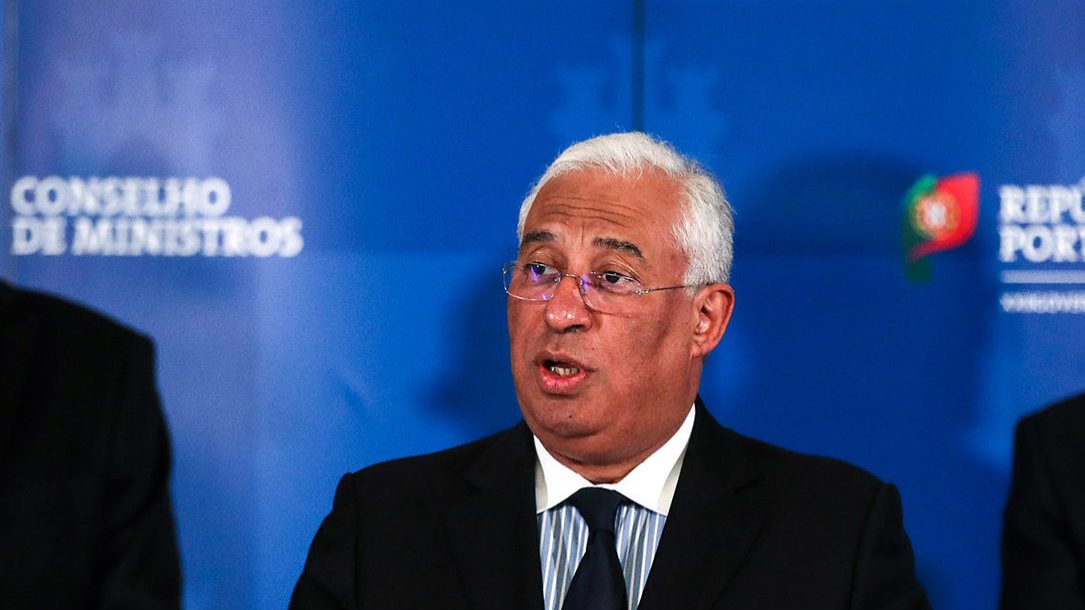Government hires Korn Ferry to choose CEO for TAP
Korn Ferry was the consultant chosen by the Portuguese government to appoint a new CEO for TAP. The interim CEO, Ramiro Sequeira, will also be a candidate.
Ramiro Sequeira was appointed interim Chief Executive Officer (CEO) of TAP less than 15 days ago, but the government had already announced that it would launch a process to hire a new CEO through a specialized company. Now, according to a source from the Portuguese state, Korn Ferry has been chosen to appoint a CEO in the next 45 days.
When Infrastructure Minister Pedro Nuno Santos announced the agreement to buy David Neeleman’s position at TAP, he also revealed that Antonoaldo Neves would not continue as CEO. “We cannot be restricted to Portugal. If we want qualified and competent managers, we have to go to the market, which is where they are working in a very global and specific sector, and we have to be willing to pay what a qualified manager costs,” Pedro Nuno Santos said in an interview with SIC on July. “The most expensive thing is to have a manager without skills”. Soon it became known that a manager would be appointed on an interim basis, who would have to work with the company’s chairman, Miguel Frasquilho, on the company’s restructuring plan, to be handed over to the EU by the end of the year in exchange for 1.2 billion euros in public aid.
Ramiro Sequeira was the company’s Chief Operating Officer (COO) since 2018 and was selected to be, on a temporary basis, the CEO of TAP. But he himself may become the chosen one, a source told ECO.
The selection process will start at the beginning of October and should therefore be completed by mid-November. It is precisely on this timetable that TAP will have to present its restructuring plan. It is a particularly demanding plan, given the results of this first half of the year and the slowness in business recovery. TAP has never had such negative results. Due to the pandemic, the Portuguese airline recorded losses of 582 million euros in the first half of the year and adopted a strategy to combat the crisis focused on cutting costs (especially salary expenses) and putting a brake on investments. And out there, the trend among international airlines is not much different.


